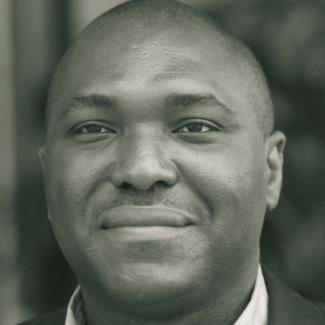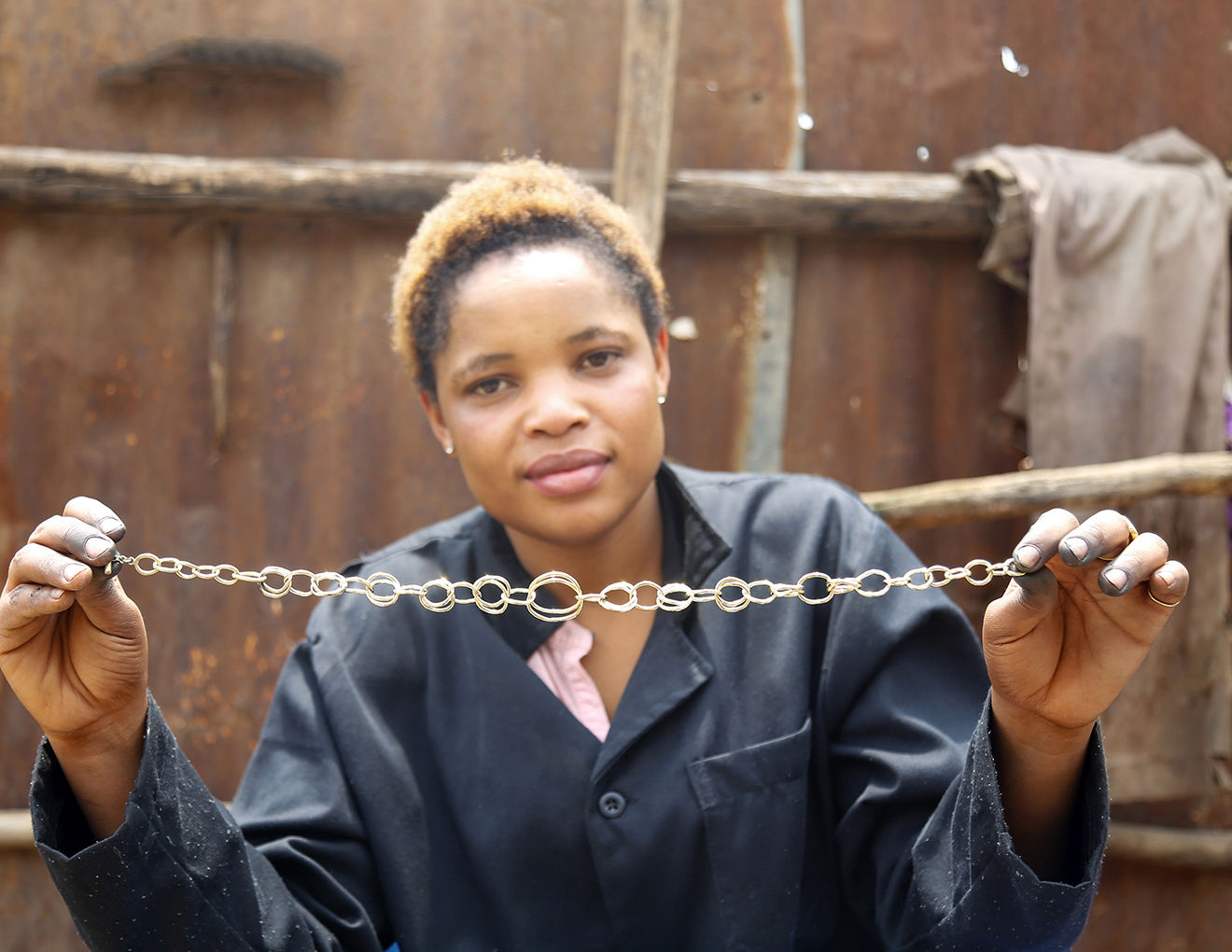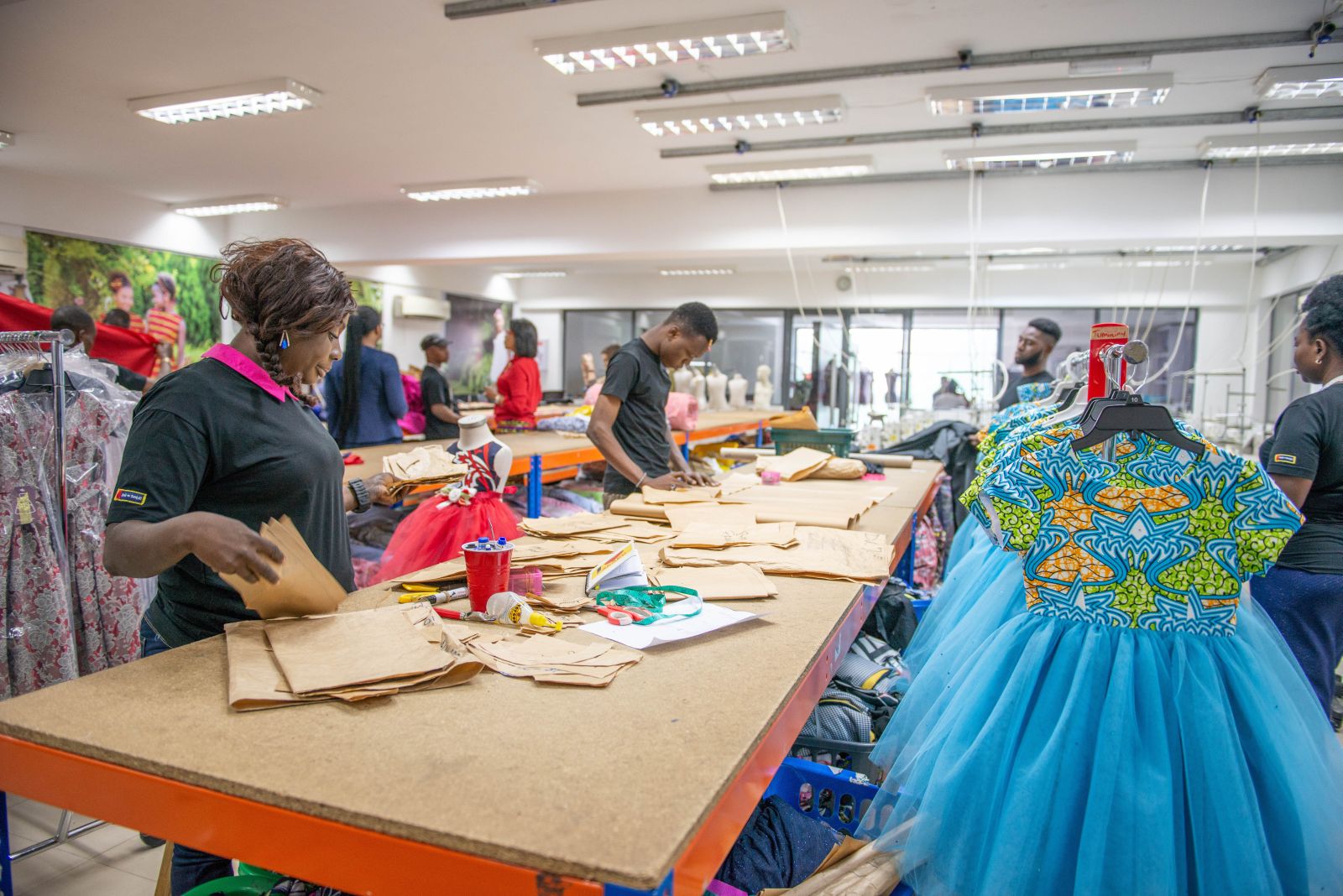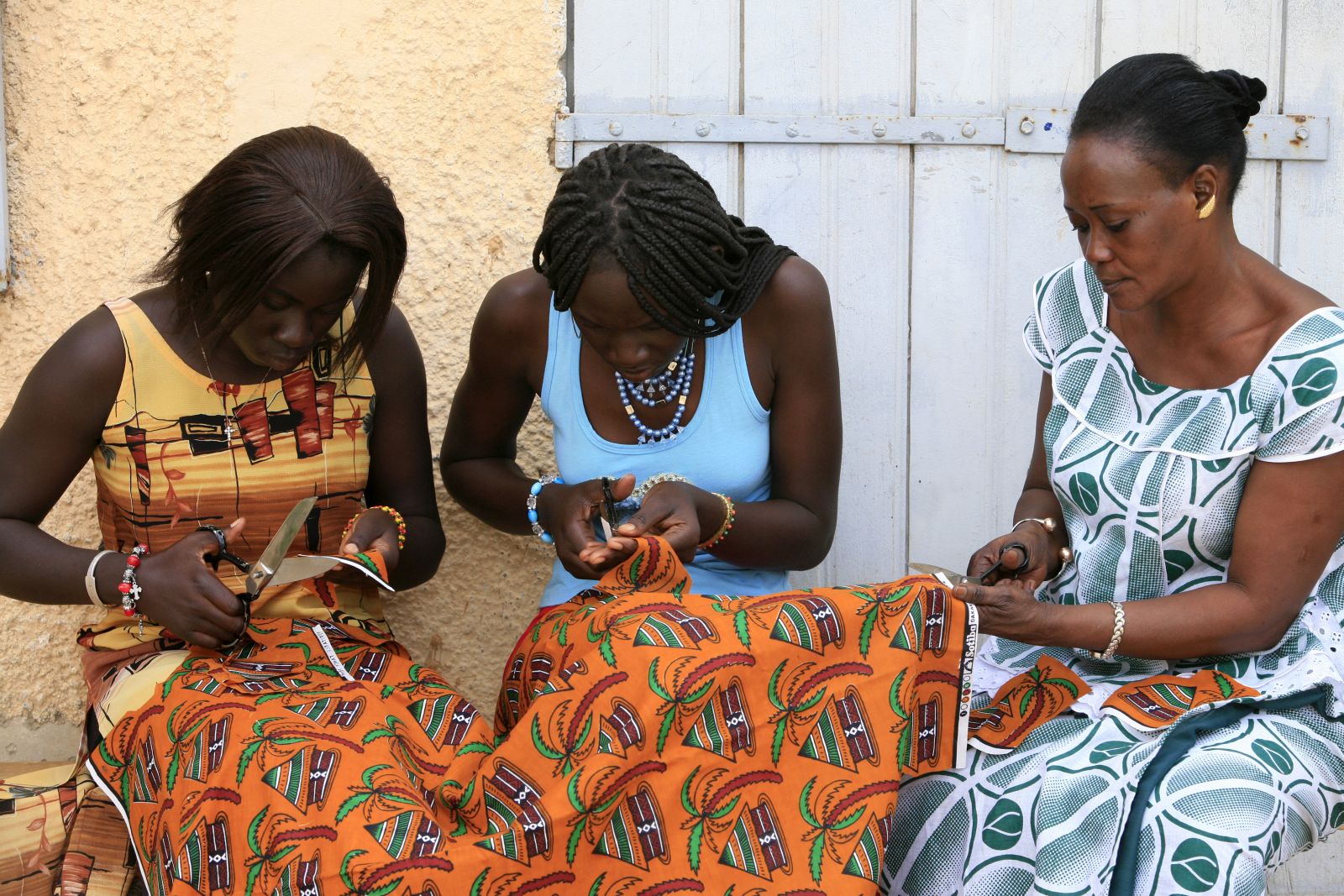Inclusion
Something is happening
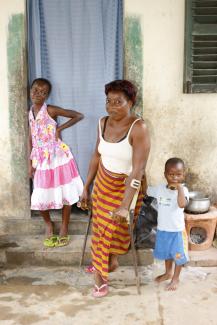
In Africa more than anywhere else, living with a disability is a daily challenge. People who need wheelchairs or crutches struggle to navigate towns full of obstacles and barriers. All too often, buildings and passages prove inaccessible. Social marginalisation is exacerbated when personal mobility is obstructed and access to public institutions and education facilities remains restricted.
Nonetheless, there are glimpses of hope. The attitude towards persons with disabilities is beginning to change in many African countries. The reason is civil-society activism which is supported by international non-governmental organisations. In Togo, for example, it is evident that people with disabilities are now taken into account. Moreover, there are budding efforts towards social inclusion.
Even a few years ago, it seemed to be impossible that people with disabilities might lead good and fulfilled lives. Disabled persons were made fun of, they got some sympathy and they were condemned to living as beggars. Many stayed in hiding to avoid harassment. Families tended to regard a disability as a curse. It was believed that any kind of involvement with a disabled person could lead to being infected by that curse.
Attitudes first began to change when the first disabled persons were admitted to schools in the 1970s. The reason was that their learning progressed fast. Mainstream society was impressed, and the individuals concerned found respect.
In Togo, the first special-needs schools were established with support from German agencies and American Evangelical charities in the 1970s. Five educational facilities for people with visual impairments were set up in different regions of the country. The first and best-known of these schools is the Ephphatha School in Lomé. It was founded by the Église des Assemblés de Dieu with support from the German charity CBM (Christoffel-Blindenmission – see box). Today, there are nine centres and schools for mentally retarded children. Most of them are in Lomé, the capital city. There are also several specialised schools for children with impaired hearing.
Future challenges
In the future, debate will increasingly shift from special-needs schools to the demand to create inclusive schools that serve the needs of all children, whether they have a disability or not. Inclusion is huge challenge. It will require fundamental change, in regard to how buildings are designed, for instance, or how they are evaluated.
In spite of all problems, inclusion seems to be moving ahead. Currently, 27 students with sight impairments are enrolled in the University of Lomé, and hundreds of young people with physical disabilities are studying at various universities in Togo. Visions Solidaires, a non-governmental organisation, has formed a partnership with CBM and is working on providing handicapped students with special campus buildings and yards. Moreover, Visions Solidaires will empower deaf and hearing-impaired students to attend university classes. There will be sign-language curricula to engage students and professors.
Labour conditions are changing too. Experience shows that a disabled person cannot find formal employment without support from an international partner such as CBM. Such involvement is similarly needed to ensure a government job to a formally educated person with an impairment. Thanks to such support, however, Visions Solidaires now has an impact on how work places are redesigned to accommodate special needs in government bureaucracies and private-sector companies.
Support for women with disabilities is a priority. Typically, they got less formal education than their male counterparts. Moreover, they normally do not get any financial support to start a business. But things are improving. In 2012, the Association pour la Promotion des Femmes Handicapées du Togo (the Association for the Promotion of the Disabled Women of Togo) started a national project to give women with disabilities access to microfinance in order to start a business. Once more, support from CBM was vital.
A lot is happening in regard to sports. Disabled people are active in different sports. That is healthy, and it serves social inclusion. National championships for people with physical and mental handicaps were held in Kara, in northern Togo, on 15 and 16 November 2013. Hundreds took part in sports as diverse as table tennis, basketball and various track-and-field disciplines. The best athletes qualified for pan-African competitions.
While quite a bit has been achieved in the past 20 years, there still are only very few disabled persons in positions of leadership. This issue was emphasised by Visions Solidaires in a campaign ahead of the legislative elections last summer. The idea was to make the elections inclusive so that people with disabilities would get better access to polling station – and to encourage them to run as candidates.
The campaign was successful. Jérémie Yao Vidja, a visually impaired person, ran to become the member of the national assembly for the Amou region. He won. This was a first in the history of Togo, though it resembles a mere drop in the bucket. To ensure the full inclusion of people with disability in Africa, a lot remains to be done.
Samir Abi is an economist and the executive director of Visions Solidaires, a civil-society organisation in Togo.
samirvstg@gmail.com
http://visionssolidaires.com/
